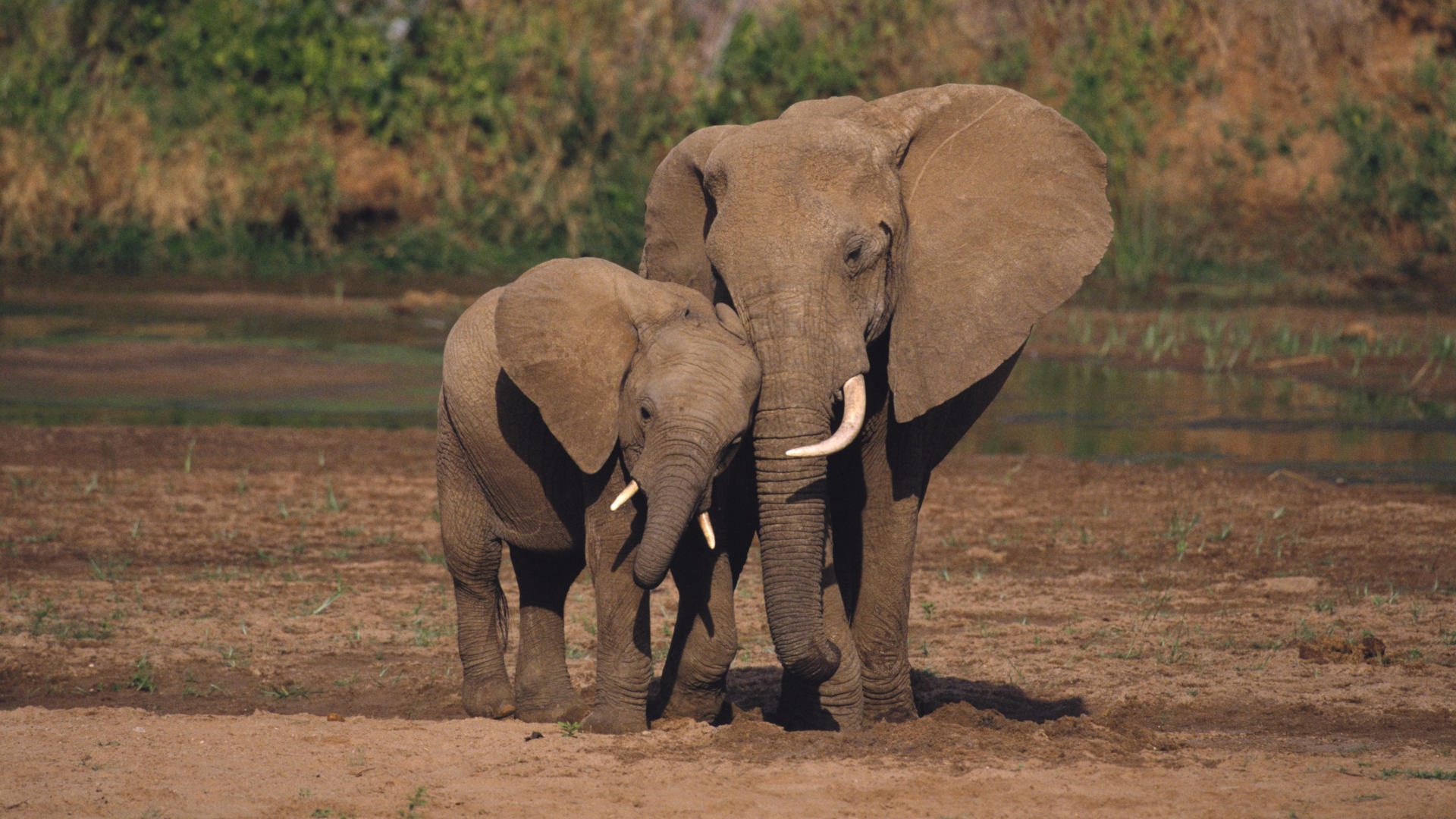
Exclusive fitness fact about African elephants discovered
No one knew that African elephants slept only for 2 hours per day unless this fun research was initiated in African. The fitness tracked down after the research on African elephants proved that these giant animals are the shortest sleeping animal in the world.
The studies conducted so far have found out that they sleep for nearly 2 hours per day and can go sleepless for two consecutive days. This new fact is contradictory with the facts that were earlier found out. Earlier findings stated that the captive elephants sleep nearly four to six years per day.
However, the researcher Paul Manger from the University of Witwatersrand in South Africa have said, “in our natural habitat, wild, free-ranging elephants sleep only for two hours per day, the least amount of sleep of any mammal studied to date, but this appears to be related to their large body size.” For the study which was published in the journal PLOS ONE, the research team has monitored two free-roaming African elephant matriarchs in Chobe National Park in Botswana for straight 35 days. The African elephants were implanted with an activated watch which worked as a fitness tracker. The tracker was attached to the trunk to track sleep accurately and a collar with a gyroscope to track sleeping position.
This new approach of tracking the sleep of giant mammals like African elephants used by a team from the School of Anatomical Sciences at the University of the Witwatersrand, South Africa. The monitoring was done to understand the true nature of the wild African elephant’s sleep pattern.
Monitoring the sleep of these African elephants in a closed, controlled area, such as a laboratory or zoo, where the animals can be observed at all times, is straightforward. However, this approach is unlikely to reflect the natural habits and behaviors of the elephants, especially due to the lack of predators and artificial abundance of food sources. Hence, the researchers decided to track these African elephants in the natural home itself by fitting fitness trackers on their trunk.
The monitoring was conducted over a period of five weeks or around 35 days. The African elephants, both males, and females were tracked 24×7. These giant animals often slept in a standing position, and they only lay down to sleep, in every three to four days. The team found out that these were the only occasions the elephants went into REM sleep which meant they dreamt infrequently. The elephants even stayed awake for two days straights when predators were around them. This behavior is a natural instinct of safety and security of oneself.
The fact of REM sleep was given particular importance during the research study. According to the researchers, “REM sleep or dreaming is thought to be very important for consolidating memories, but our findings are not consistent with this hypothesis of the function of REM sleep, as the elephant has well-documented long-term memories, but does not need REM sleep every day to form these memories.”

